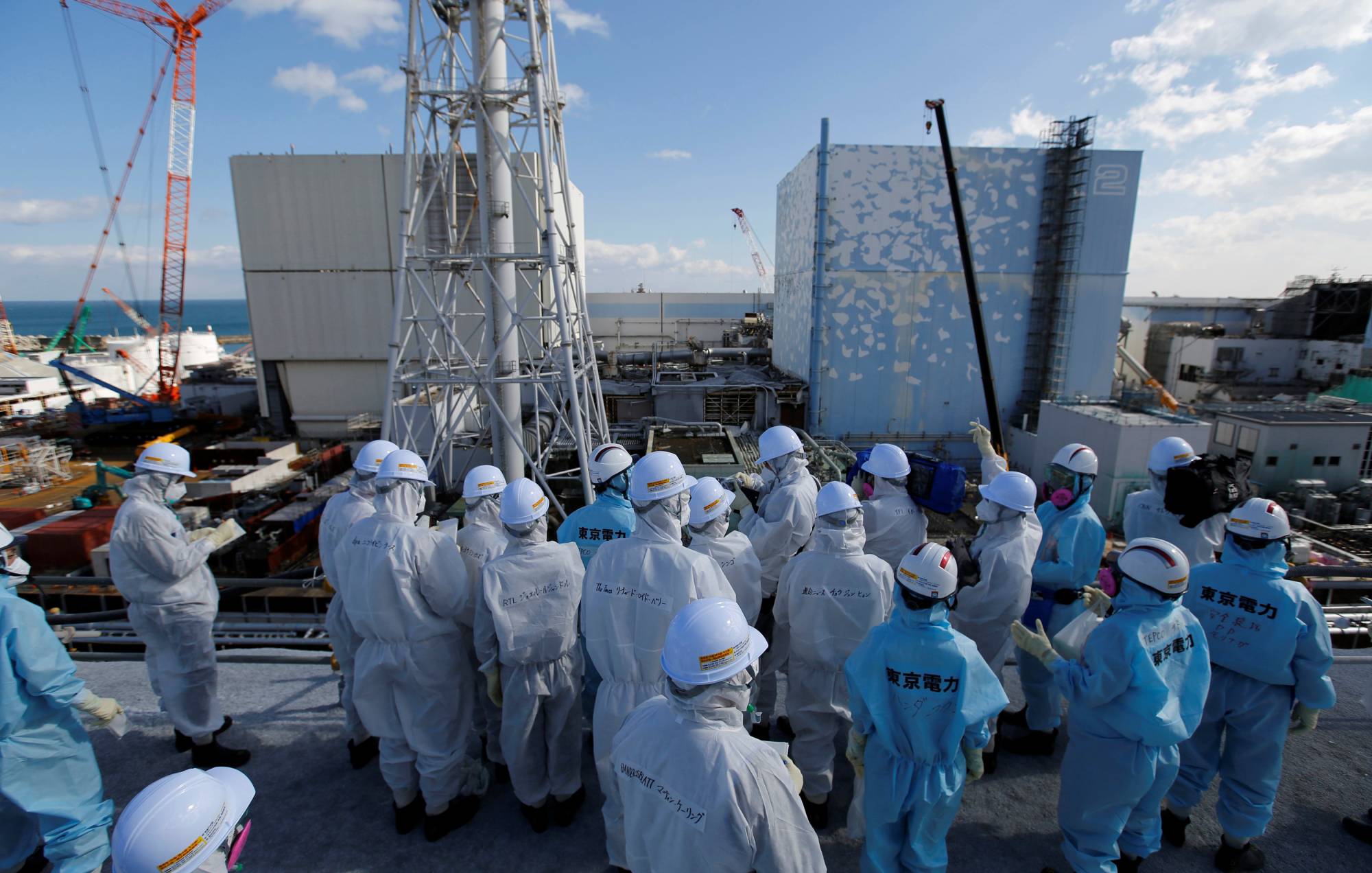Japanese Prime Minister Yoshihide Suga has pledged that his country will become carbon neutral by 2050. "Responding to climate change is no longer a constraint on economic growth," he said in October, “I declare we will aim to realize a decarbonized society."
While this promise is both welcome and ambitious, Japan’s pledge comes nearly a year after the European Union, which in 2019 proposed a climate law that would create a legally binding target of net zero carbon by 2050. Further, despite its green rhetoric, Japan’s climate change record at home and abroad has been mixed at best. To accomplish Suga’s ambitious goals, Japan will need to learn from other countries and pursue major political and economic reforms.
Until 2011, Japan was on track to use nuclear energy to provide more than half of its electricity by around 2040. The Japanese public was not strongly opposed to the use and expansion of the fleet of 54 nuclear power plants, which generated some 30% of Japanese electricity. But the March 11, 2011, triple disasters — a 9.0 magnitude earthquake, 14-meter-tall tsunami and meltdowns at three of the Fukushima No. 1 plant's nuclear reactors — pushed Japan away from nuclear power and back to fossil fuels. The government created a new nuclear regulator, the Nuclear Regulation Agency, which unlike previous watchdogs has actually stopped plants from opening and forced others to shut down because of seismic risks.



